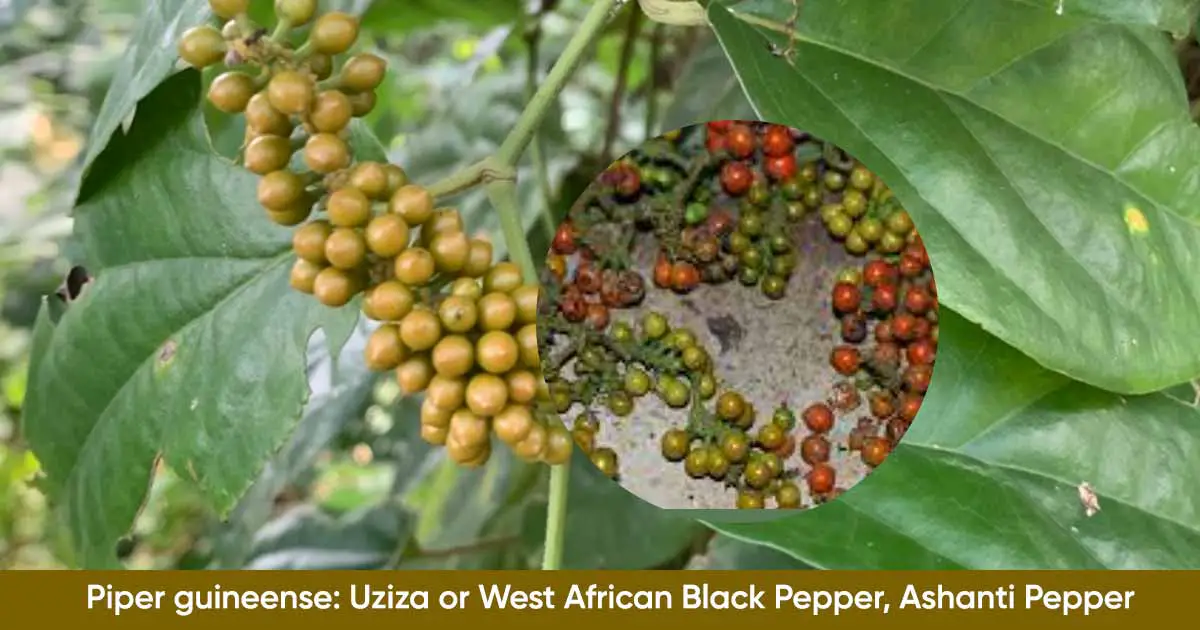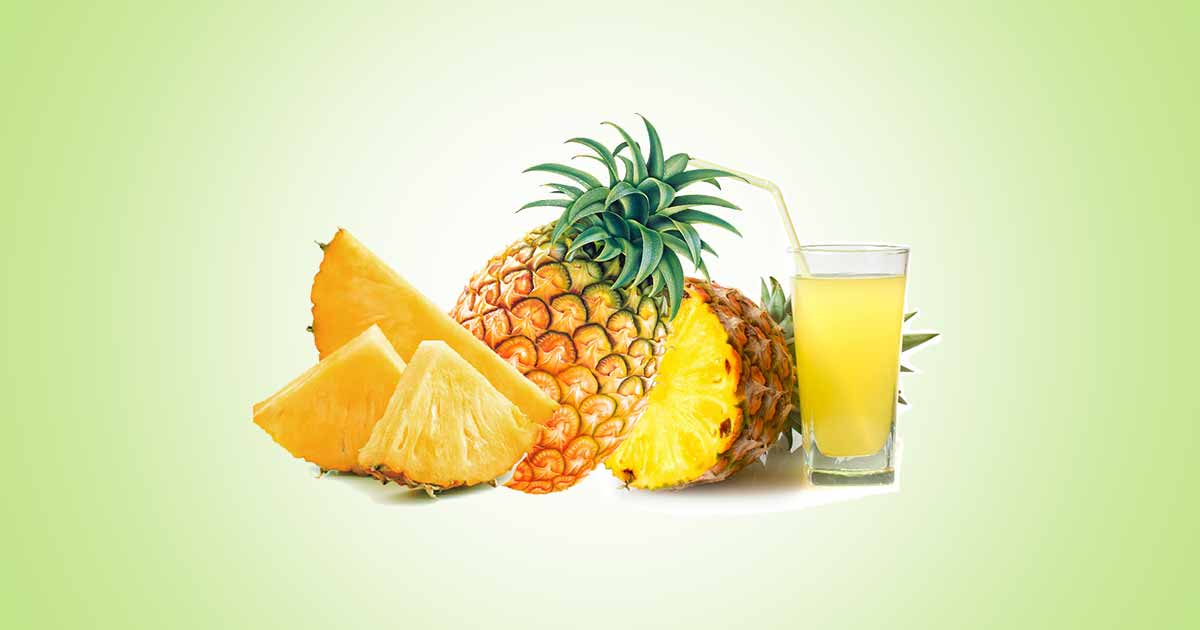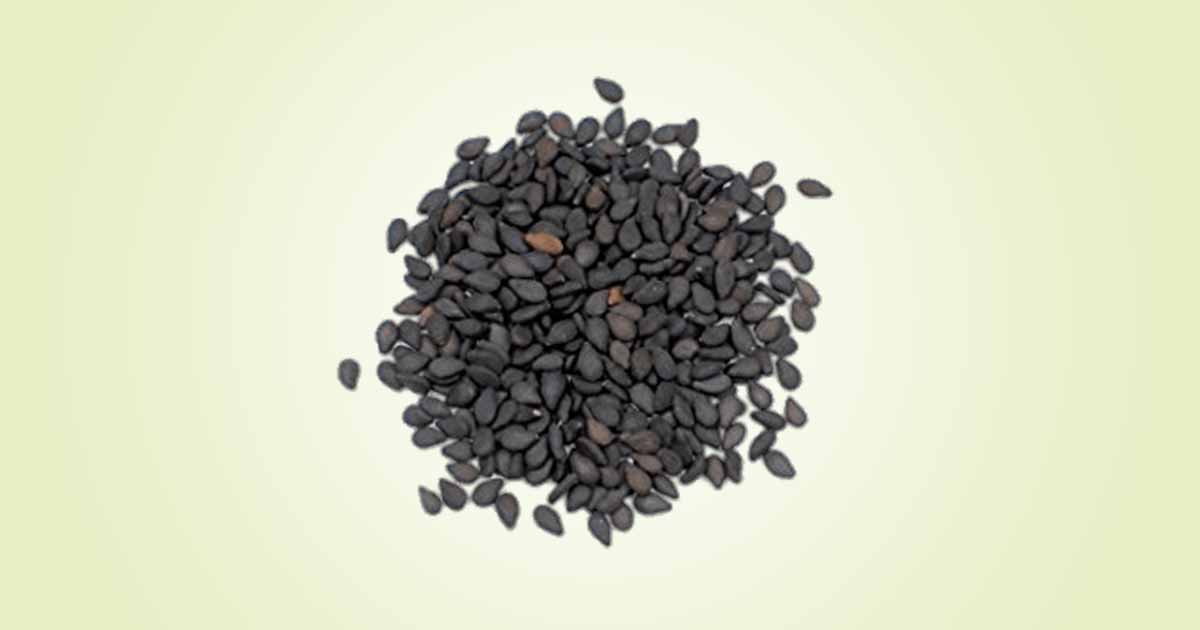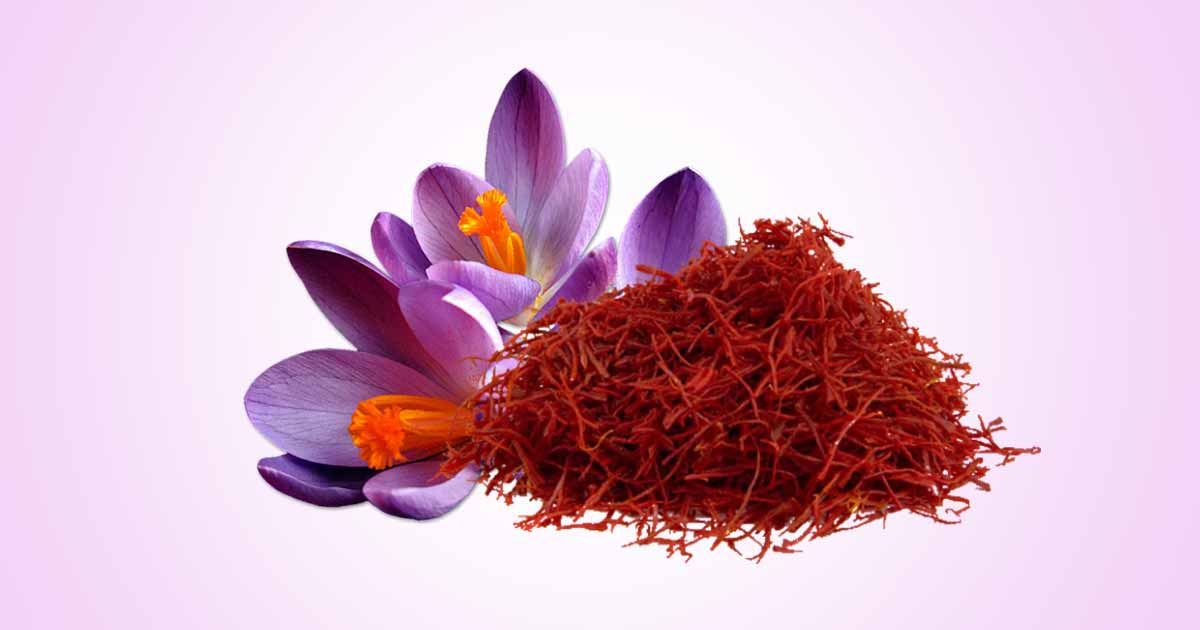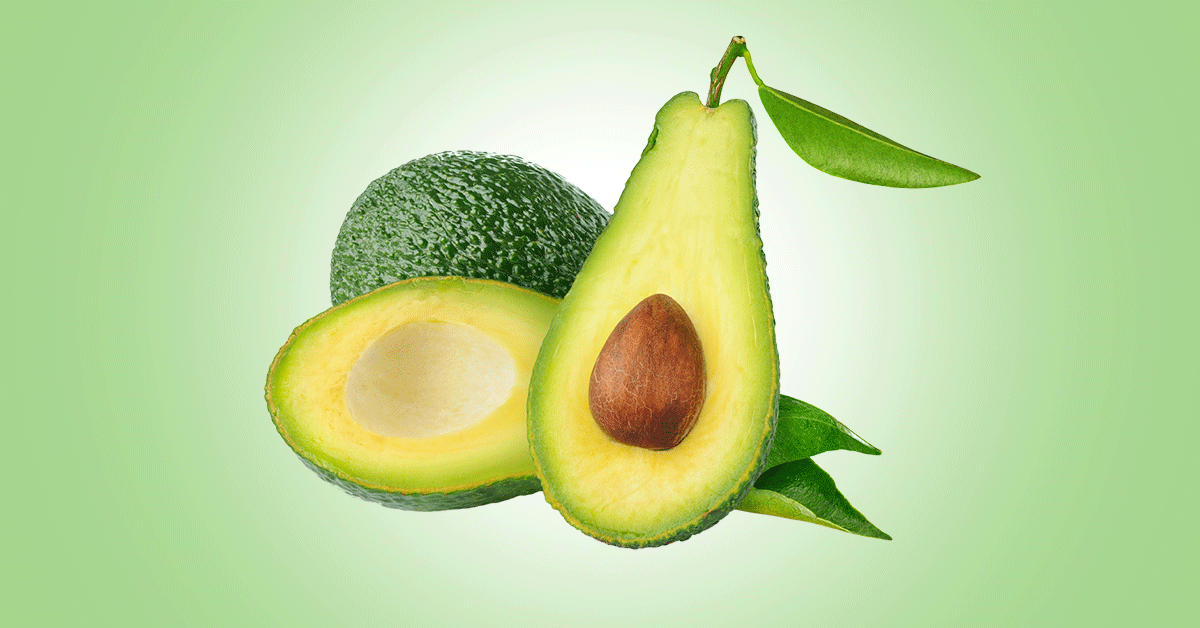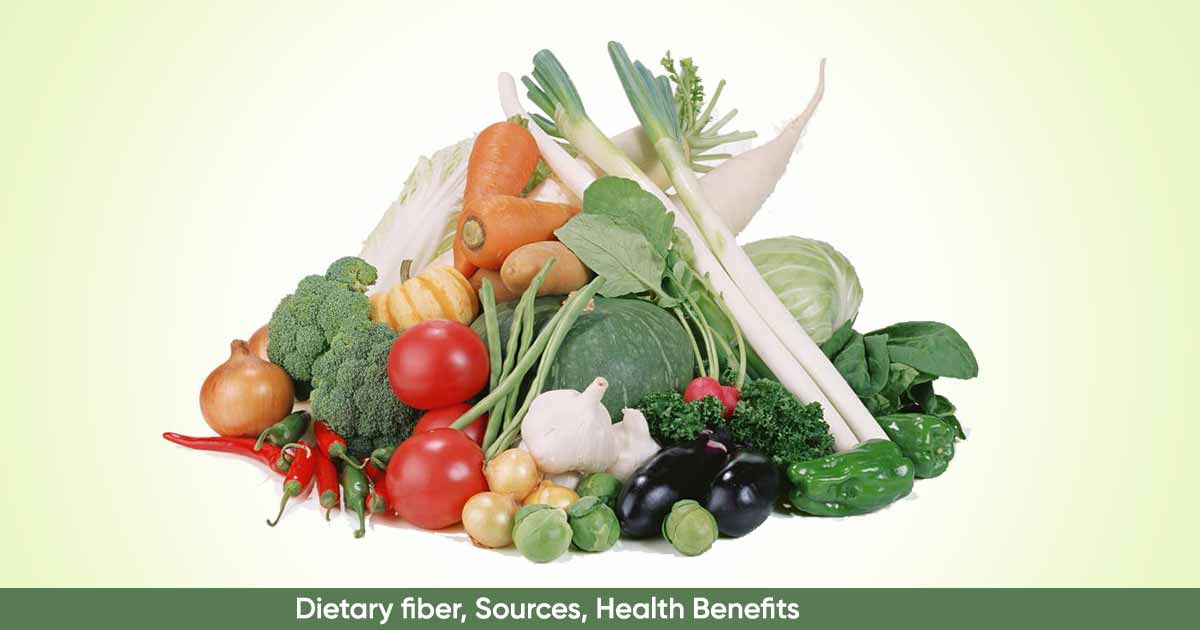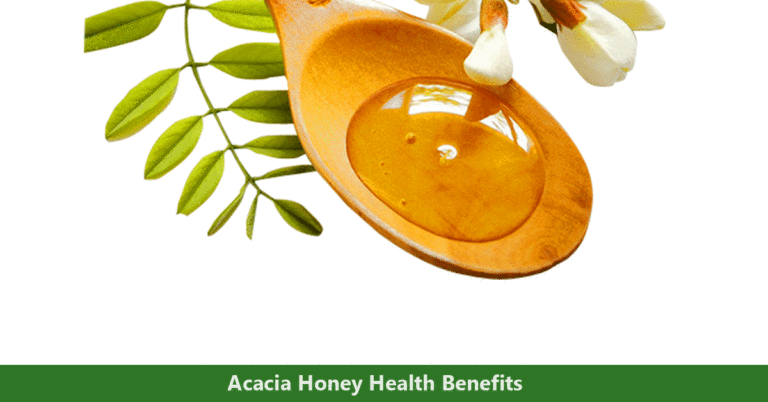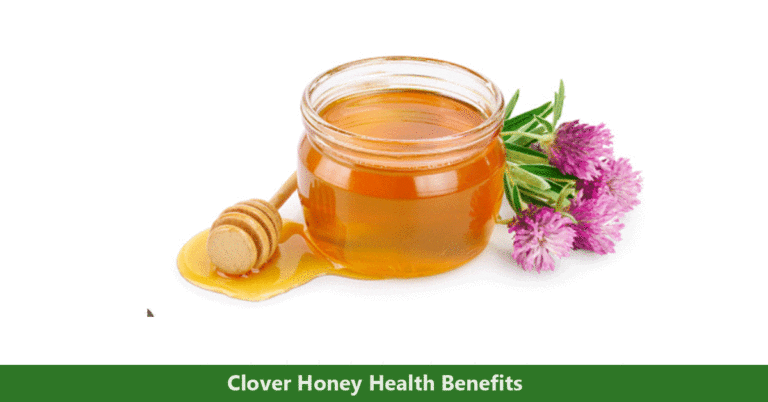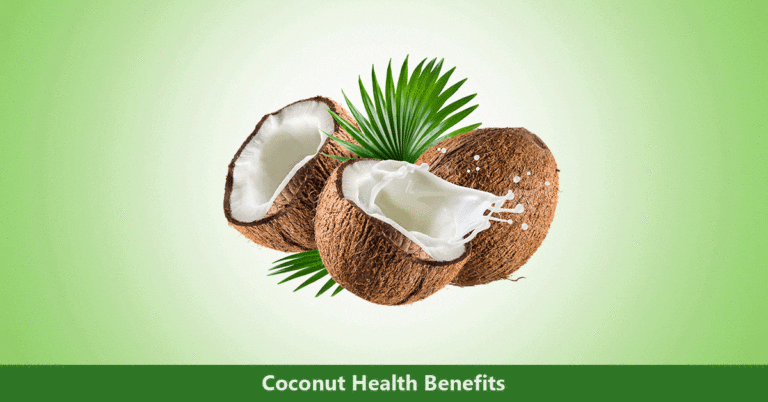West African black pepper or uziza (Piper guineense) is both a culinary spice and a medicinal herb. Piper guineense is a plant from the Piper genus, and Piperaceae (or Sapotaceae) family. The leaves, stems and the seeds are utilized in cooking, and they add “heat” and a spicy pungent aroma to food. The fruit is the most utilized part. Piper guineense is also used as a preservative, as insecticide, and as fragrance in cosmetics due to the essential oils.
Piper guineense is a perennial climbing vine native to Central and Western Africa, and can grow up to 20 m high, and climbs trees and fences using the adventitious roots. The leaves are greenish colored when fresh, dark green when dried, heart-shaped, oval, petiole, alternate, 12 cm long. Flowers are greenish yellow colored and are arranged in a spiral along the spine.
The fruits are drupe mesocarp or fleshy, oval-shaped, and appear in clusters, small, reddish or reddish brown when ripe and black when dry. Seeds are smooth and are prolate-elliptically shaped.
Other names of Piper guineense include Ashanti pepper, West African black pepper, false cubeb, adusa (Akwa Ibom), hot leaves, “Benin pepper”, “Guinea pepper”, Uziza in Igbo, Iyere in Yoruba.
Though similar to cubeb pepper, West African black pepper has less bitterness, and has a fresher flavor.
Piper guineense is used traditionally to treat rheumatism, flatulence, respiratory conditions, asthma, cough, bronchitis, nausea, weight control, female infertility, syphilis, and as an aphrodisiac. In Nigeria, women consume the seeds after childbirth as it believed to enhance uterine contraction after expulsion of the placenta. It is also suggested to have abortificient effect.
Major health benefits of uziza include microbial, antioxidant, antiparasitic, larvicidal, anticonvulsant, hepatoprotective, anti-inflammatory, carminative, digestive and stimulant effect on the stomach.
Constituents
Phytochemicals
Piper guineense contains volatiles oils, lignans, amides, steroids, alkaloids, glycosides, flavonoids and polyphenols.
Piper guineense contain 5 – 8% piperine, an alkaloid present in black pepper and long pepper, and gives it pungency. The essential oils contain abundant beta-caryophyllene (β-Caryophyllene), a primary sesquiterpene and anti-inflammatory compound that adds spice to black pepper, and is found in hops, rosemary, clove, among others. Other constituents of the essential oils include myristicin, elemicin, safrole and dillapiol (Celtnet Spice Guide, 2007).
The leaves and s contain saponins, flavonoids, resins, tannins, cardiac glycosides, alkaloids like piperine, wisamine, dihydrowisamine, dihydropiperine, essential oil constituents such as dillapiol, elemicin, myristicine, and safrole.
Nutritional Composition
Piper guineense seeds per 100g:
Moisture (12.35 g), ash (6.33 g), fat (9.89 g), crude protein (5.86 g), crude fiber (9.89 g), crude protein (5.86 g), carbohydrates (57.32 g), and dry matter (87.65+0.01). Abundant minerals include phosphorus (217.70 mg), calcium (179.52 mg), potassium (98.52 mg), magnesium (35.54 mg), and other minerals like sodium, and iron. Vitamins C, A, B1, B3 are present.
Since the seeds have high dietary fiber, it could help to prevent constipation, and also improve bowel movement by adding bulk to the stool. High calcium, magnesium, and potassium levels also suggest it could be beneficial in blood pressure control.
Piper guineense Leaves per 100g:
West African black pepper or uziza leaves contains moisture (11.70 g), ash (7.73 g), crude protein (16.67 g), fat (2.24 g), carbohydrates (48.21 g). Vitamin C (248.37 mg) and E (32.26 mg) are also present (Data from Morufu E. Balogun et al. Ijppr.Human, 2016; Vol. 6 (1): 368-384.)
Health Benefits of West African black pepper or uziza (Piper guineense)
Antioxidant property:
Both the leaf and seed extract of Piper guineense exhibit antioxidant and free radical scavenging property due to the presence of phenolic compounds. This helps the body against cardiovascular diseases, cancer, stroke.
Neuromuscular activity:
The seed and leaf extracts of Piper guineense exhibit a depolarizing neuromuscular activity in a dose-dependent manner (Udoh et al., 1999).
Antimicrobial effect:
Constituents of the essential oils such as piperine, elemicine, dillapiol, myristicine and safrole, and other constituents such as flavonoids, tannins, saponins and alkaloids exhibit antimicrobial activity.
In a study, Piper guineense extracts inhibit bacteria such as S. aureus, E. coli, P. aeroginosa. Extracts of both O. gratissimum and P. guineense inhibit E. coli and Staph. aureus. West African black pepper also shows anti-mycobacterial activity. The seed extract has antifungal activity against fungi and yeasts (C. albicans).
Hepatoprotective effect:
In a study by Nwozo et al., using P. guineense extract in male albino rats induced with liver toxicity using ethanol, the extract reversed the oxidative stress and decreased the elevated liver enzymes. It improved the antioxidant enzymes (superoxide dismutase (SOD) and glutathione –S- transferase), and decreased the elevated serum triglyceride levels, alanine transaminase (ALT), and aspartate transaminase (AST), indicating both antioxidant and hepatoprotective capacity.
Hypolipidemic effect / Weight loss:
P. guineense extract exhibit lipid lowering effect by decreasing the plasma cholesterol and triglycerides level in experimental rats.
In a study by Sarah O Nwozo, et al., Piper Guineense and Sesamum Indicum exhibit hypolipidemic effect, by reducing cholesterol induced weight gain and improving antioxidant status in hypercholesterolemic rats.
Antisickling effect (Use in sickle cell disorder):
The National Institute for Pharmaceutical Research and Development (NIPRD) used seeds of P. guineense were used with portions of caprium stem (Pterocarpus osun), clove flower buds (Eugenia caryophyllata), sorghum leaves (Sorghum bicolor), and “trona” to produce Niprisan, a phytomedicine for SCD (Wambebe et al., 2001) as a result of compounds such as piperine, capsaicin, cubebin, and caryophyllene found in those plants.
They are believed to ameliorate the sickle cell crisis, but not cure sickle cell. It reverses the sickling of red blood cells when exposed to low oxygen tension
Aphrodisiac effect:
In a study by Kamtchouing et al., the aqueous extract of P. guineense stimulated male sexual behavior, and improved penile erection, frequency of intromission and ejaculation, and other sexual behavior like increasing mounting in male rats.
Fertility effect:
In a study of fertility effect of dry fruit’s extract of P. guineense on adult Sprague dawley rats, it improved sperm motility, sperm function, testicular spermatogenesis and weight, suggesting positive effect on fertility.
Traditionally, women with infertility use boiled Piper guineense together with Xylopia Spp, lime juice, honey, Gongronema latifolium (utazi) and Capsicum Spp (pepper) in water and take it during menstruation.
Sedative effect:
The essential oils inhalation resulted in anxiolytic and sedative effect.
Gastrointestinal effect:
West African black pepper (P. guineense) caused contraction of the gastrointestinal smooth muscles of guinea pig. The mechanism is suggested to be through action on the cholinergic and histaminergic receptor.
Uziza or West African black pepper is known to stimulate the digestive enzymes of pancrease.
Hematological effect:
Uhegbu et al. reported that the intraperitoneal injection of P. guineense seed extracts on albino Wistar rats, resulted in significant increase in the haemoglobin level, white blood cell and red blood cell counts. This could be due to phytochemicals, minerals, and vitamins.
Uterotonic effect:
Extracts of seeds of P. guineense contains substances capable of enhancing uterine muscle contraction for the expulsion of the placenta in women after birth – Udoh et al., (1999).
Molluscidal activity:
Echo et al. reported that the plant extract has molluscicidal properties and could be utilized in the treatment of bilharzia.
Larvicidal action:
The leaf and seed extract of Piper guineense exhibit larvicidal activity against mosquito larvae, achieving 90% and 80% mortality rates respectively (Ihemanma et al.)
Insecticidal/Pesticidal activity:
The seed extract also has antiparasitic effect against goldfish (Carassius auratusauratus, Pisces
cyprinidae) monogenean parasites inhibiting Dactylogyrus extensus in the gills and Gyrodactylus elegans in the skin.
As a pesticide, the crude seed powders of Dennettia tripetala and Piper guineense inhibited oviposition and resulted in total adult mortality of N. rufipes, the red-legged ham beetle, Okonkwo and Okoye (2001). Oparaeke et al. reported that the crude extracts of West African black pepper inhibited cowpea insect pest and prevented the damage to the pods.
Essential oils of Piper guineense and Xylopia aethiopica also exhibit ovicidal activity against T. castaneum.
Toxicity
The aqueous extract of P. guineense seed did not cause any impairment to liver function when consumed in low and moderate quantity. It reduced the level of serum urea, and creatinine. But at higher doses, it increased the levels of serum urea, and creatinine (Somke Pamela Madueke et al.).
This suggests that consumption of high quantity of P. guineense seeds should be avoided.
References:
- https://ijppr.humanjournals.com/wp-content/uploads/2016/05/34.Elizabeth-E.-Besong-Morufu-E.-Balogun-Serges-F.-A.-Djobissie-Ogochukwu-S.-Mbamalu-Jacinta-N.Obimma.pdf
- https://www.ncbi.nlm.nih.gov/pmc/articles/PMC5722962/
- https://www.academia.edu/36920398/MEDICINAL_USES_OF_PIPER_GUINEENSE_Schum_and_Thonn_SEED
- https://www.biotech-asia.org/vol18no3/continuous-intake-of-high-doses-of-piper-guineense-ashanti-pepper-aqueous-seed-extract-impairs-renal-function-in-wistar-rats/
- https://qz.com/africa/1547079/nigerian-scientists-patented-a-sickle-cell-drug-using-a-traditional-herbal-remedy-then-it-all-fell-apart
- https://www.sciencedirect.com/topics/agricultural-and-biological-sciences/piper-guineense

